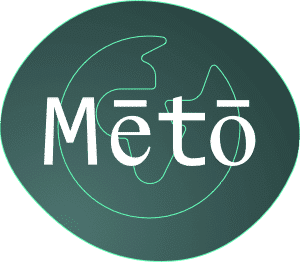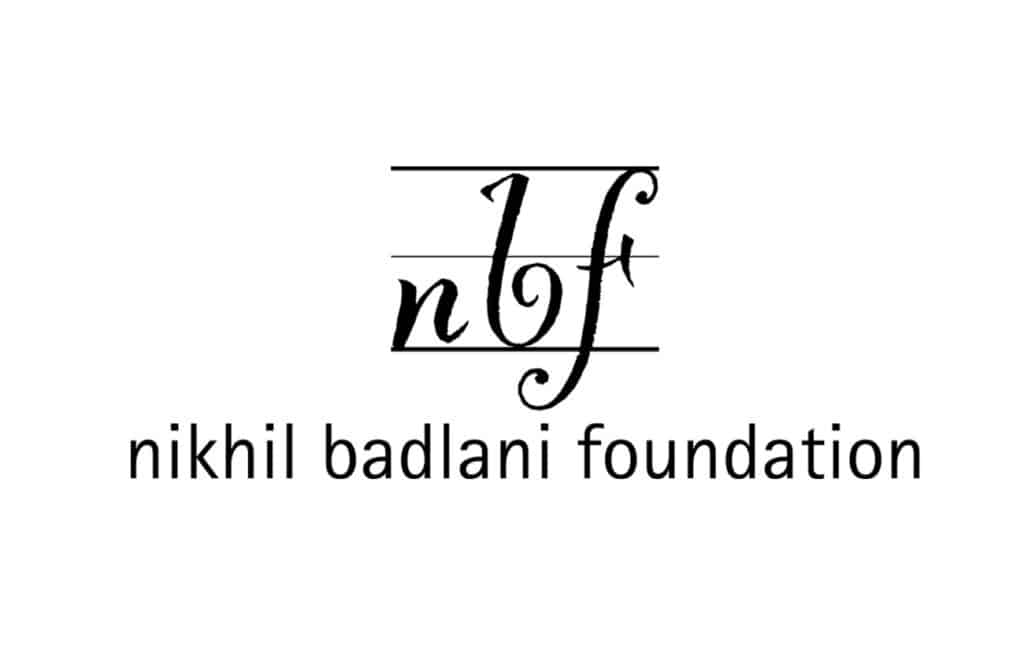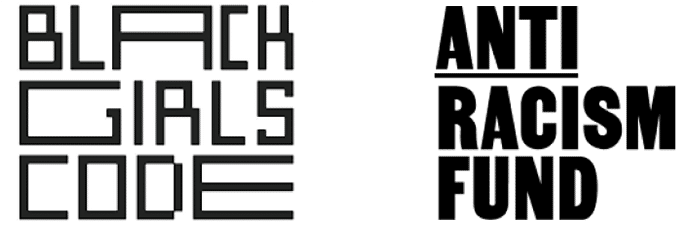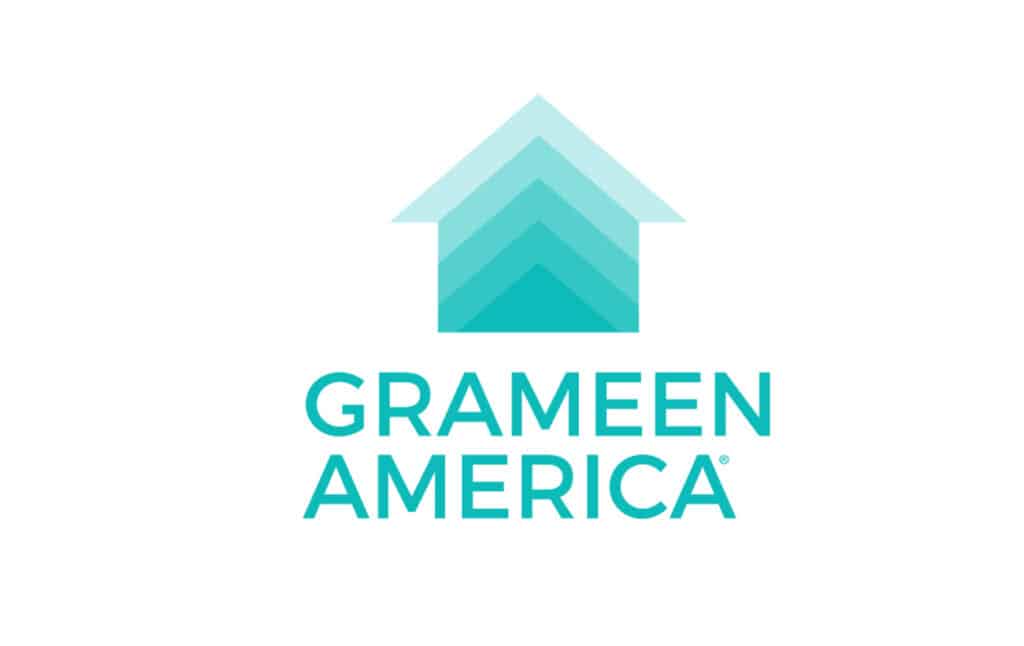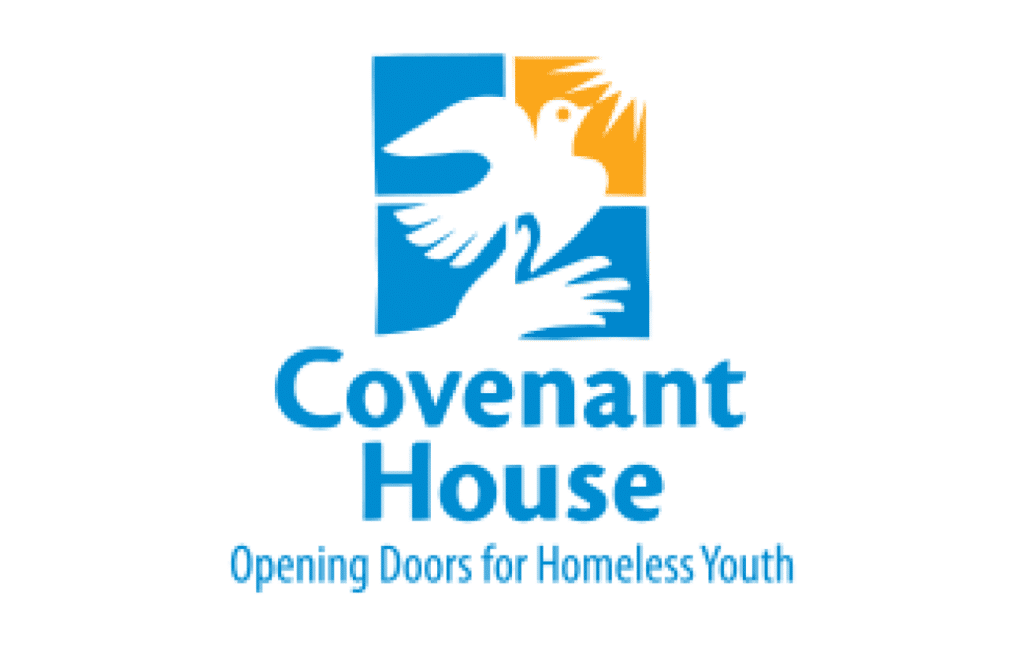AI is taking over the internet, and what feels like the world lately. While generative AI tools like ChatGPT and DALL-E continue to grasp consumers’ attention, AI has been used for many business applications in digital media and marketing. With 83 percent of companies claiming that AI is a top priority in their business plans, business leaders must not forget the most important part to integrating training and enhancing the output of AI tools: the human element. If business leaders fail to recognize its significance, they run the risk of losing consumer interest.
Business leaders must find balance between the benefits of artificial intelligence and keeping in mind the human touch.
AI and the Customer
The current global AI market is reported to be valued at over $136 billion, according to Grand View Research, and that value is only going to continue to increase. Given the current state of the economy, it is widely recognized that companies are being challenged every day to do more with less.
The reality is, success lies within the execution of the task at hand, and that’s where AI comes in. AI is helping companies execute on tasks in an efficient and productive manner. With its ability to automate manual processes, monitor data and identify consumers with high accuracy, AI lets teams work smarter, not harder.
However, the integration of these technologies takes away a key element that consumers will always want. Human touch. Sure, new developments in AI can make processes more seamless but it takes years to train bots to mimic human behaviors. And consumers aren’t very patient when it comes to dealing with bots.
A recent study from NYU revealed that infants outperform AI in detecting what motivates other people’s actions and that current AI finds these inferences more difficult to make. So, while AI is making strides every day, it isn’t at a level where it doesn’t need the support of a human to train it or refine its outputs with elements only humans can provide.
Let’s replay a familiar scenario to demonstrate some of the limitations of AI and where the human touch comes into play. You’ve just completed an online form and have a question regarding your order. So, you start a chat in the right-hand corner of your screen and it’s a bot. Or you’re on the phone and it’s a robot telling you it needs a little more information to best assist you.
Next thing you know, you’re just repeating “live person” over and over and over again. We’ve all been there, and more frequently now than ever before. The human touch is key, especially when it comes to customer service.
AI on the Job
The rise of AI and automation doesn’t come without its concerns, most prominently that AI is going to take jobs away from humans. The importance of instituting psychological safety to enable productive work environments is crucial, and business leaders shouldn’t overlook the fact that introducing AI may lead to a level of fear and concern among their employees.
In addition to rolling out policies for AI use, leaders and key members of their appointed center of excellence team, should take time to explain to employees that their job isn’t in jeopardy but rather, has become even more important.
Business leaders must find the balance between the utilization of AI and human creativity to uncover opportunities that increase efficiencies and streamline business processes. And it all starts with real-life employees. There is a certain anxiety within the workforce that comes with the introduction of AI, one that asks, “Is a robot going to take my job?”
When we talk about AI, the conversation is centered around driving efficiencies and improving the bottom line without touching on the elements of collaboration between humans and tech that must take place to achieve these goals. But if a company really wants to get AI right, they’ll approach it with a human-centric way of thinking. A part of the conversation should be validating the team member’s feelings and helping them understand what they contribute to the overall organization and more importantly, how AI is a tool to enhance their output, not replace them.
Just as important as identifying the balance between AI and humans, leaders must also recognize the limitations of AI. Tech and AI tools are only as good as the data that is feeding them. For example, AI writing tools aren’t meant to write like the end user, just simply mimic the human behavior of writing. AI writing tools that were trained with biased data could generate writing that has racist, sexist, or misogynistic undertones.
Humans, while they have their own biases, can act as quality control users and eliminate some of that less-than-stellar quality data. Business leaders need to be sure that they’re prioritizing data quality and that starts with putting humans in charge of the data collection and analysis.
When it comes down to it, successful AI utilization is all about the human element: both internally and externally. It’s critical for business leaders to recognize that the introduction of AI comes with anxieties for their employees. They must take the proper steps to ensure their employees understand the benefits of AI; that this isn’t AI taking their job, only enhancing it.
In addition, leaders must keep in mind that their customers or clients don’t necessarily always want to be dealing with AI. Customers want to be listened to and they need to see a human behind the bot. If leadership teams can master this balance, they will be at a competitive advantage when it comes to AI.
Jay Kulkarni is the CEO and founder of Theorem.


